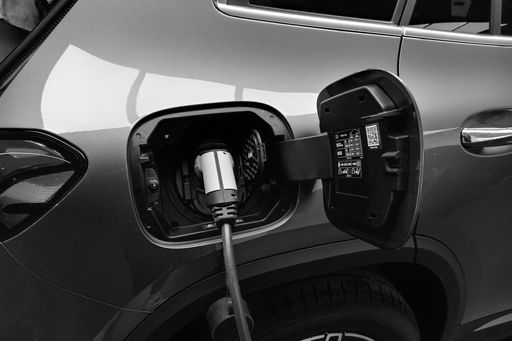House joins Senate, strikes down Biden EV charger rule protecting Chinese companies
The House voted to reverse President Biden's decision to waive 'Buy America' requirements for taxpayer-funded electric vehicle charging stations.

House votes to strike down Biden's EV charger rule
The House of Representatives voted on Thursday evening to strike down President Biden's decision to waive 'Buy America' requirements for taxpayer-funded electric vehicle (EV) charging stations. The resolution passed with a vote of 209-198, with two House Democrats supporting and two House Republicans opposing.
House Republican Chair Elise Stefanik criticized the decision, stating that it undermines American businesses that have invested in EV manufacturing. She argued that the waiver of 'Buy America' requirements empowers foreign adversaries like Communist China, as taxpayer dollars are poured into foreign markets.
This vote reflects ongoing concerns about protecting American businesses and promoting domestic manufacturing in the electric vehicle industry.
Bipartisan support against Biden's EV charger rule
The resolution received support from both Republicans and Democrats. In addition to the majority of Republicans, two House Democrats, Jared Golden and Donald Davis, voted in favor of striking down Biden's decision.
Opposition to the rule came from two House Republicans, Brian Fitzpatrick and Tom McClintock, who voted against the resolution. However, the majority of Democrats voted against striking down the rule.
The bipartisan support against Biden's waiver of 'Buy America' requirements indicates a broader concern about protecting American businesses and ensuring the use of domestically manufactured products.
Implications for American businesses and foreign markets
The decision to reverse Biden's EV charger rule has raised questions about its impact on American businesses and foreign markets. Critics argue that the waiver undermines businesses that have made significant investments in EV manufacturing in the United States.
Furthermore, there are concerns about the potential consequences of pouring taxpayer dollars into foreign markets, with particular emphasis on the economic and national security implications of supporting Communist China.
This vote highlights the ongoing debate and discussions surrounding the promotion of domestic manufacturing, protecting American businesses, and balancing international economic relationships.


